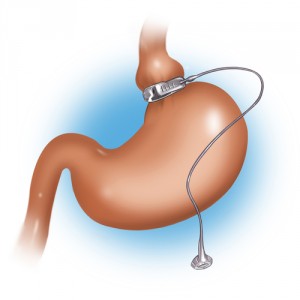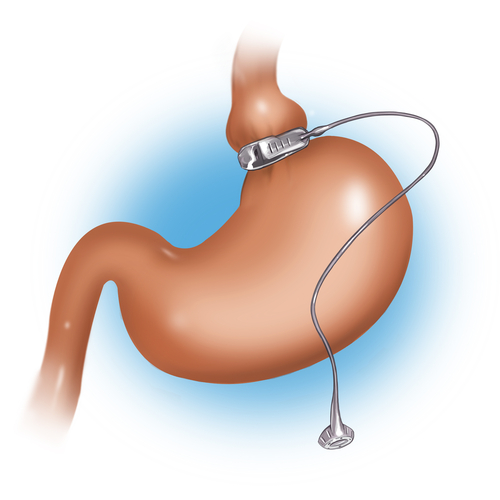 The United Kingdom’s National Institute for Health and Care Excellence (NICE) suggests that the National Health Service (NIH) should offer weight loss surgery to those who are obese and suffer from type 2 diabetes.
The United Kingdom’s National Institute for Health and Care Excellence (NICE) suggests that the National Health Service (NIH) should offer weight loss surgery to those who are obese and suffer from type 2 diabetes.
Currently, 25 percent of the people who live in the UK are obese, boosting the number of type 2 diabetes, cancer, heart disease and liver disease patients. Moreover, 1 in every 20 people has type 2 diabetes, which can in turn progress and cause stroke, heart disease, kidney failure, limb amputations, and blindness. About 24,000 people die from complications related to the disease per year, and 100 amputations are carried out by the NHS each week due to type 2 diabetes.
NICE has established guidance articles to help people lose weight and prevent obesity, as identifying, evaluating and treating obese people is a critical health concern for public health organizations worldwide. Through gastric bypass and sleeve gastrectomy (surgeries that involve changing the way the digestive system works so that patients eat less food and feel satisfied quicker), 6,500 weight loss procedures were performed in the last year in the UK. 5,000 surgeries will be performed each year if the NICE guidance is fully implemented in the nearly future.
NICE suggests that patients with a Body Mass Index (BMI) of 35 and more that recently developed type 2 diabetes should be evaluated for surgery. If these patients have tried to manage their weight through non-surgical methods and failed and if surgery is suitable for their cases, they should undergo the procedure. People with a BMI between 30 and 34.9 with recent, hard to control type 2 diabetes should be considered as well. Furthermore, NICE notes that the levels of fat that represent risk can vary with ethnicity; hence, Asian people with lower BMI levels with recent type 2 diabetes should be considered for surgery because they are more vulnerable to the disease consequences.
The head of Obesity and Bariatric Services at University College London Hospital Trust, Dr Rachel Batterham, said in a press release: “We know that surgery can make a real difference for people with recently diagnosed type 2 diabetes, so the guideline now recommends that if someone is diagnosed with type 2 diabetes and their BMI is 35 or over then they should be offered an early, rapid assessment for weight loss surgery (…) If we look at the latest report of bariatric surgery done in the UK, there were 4,000 patients with type 2 diabetes who had surgery. Of them, 65 per cent were no longer on any diabetes medications 2 years later.”
Dr. Betterham concluded by underscoring the benefits of these surgeries: “The health benefits of weight loss surgery are so great that it should be considered as part of the treatment for obese diabetics. The earlier you have the surgery in your diabetes course, then the more likely you are to have remission or a really good improvement.”
The initial cost of the weight loss surgery is about £6,000, however, taking into account the money NHS would save by preventing other long-term complications, the surgery more than compensates the investment.
Mark Baker, Centre for Clinical Practice Director at NICE, noted in a press release: “The financial implications of obesity are huge – 10 per cent of the NHS budget is used to treat diabetes and its complications alone. It is a major issue, if not the major issue, for the health service in the coming years. If you look at the healthcare savings from just the diabetes drugs alone, then the surgery pays for itself in 2 to 3 years’ time.”
NICE suggests that after surgery is performed, these patients should be followed-up for at least 2 years, and be monitored by dietitians, nurses, psychology and exercise therapists.


